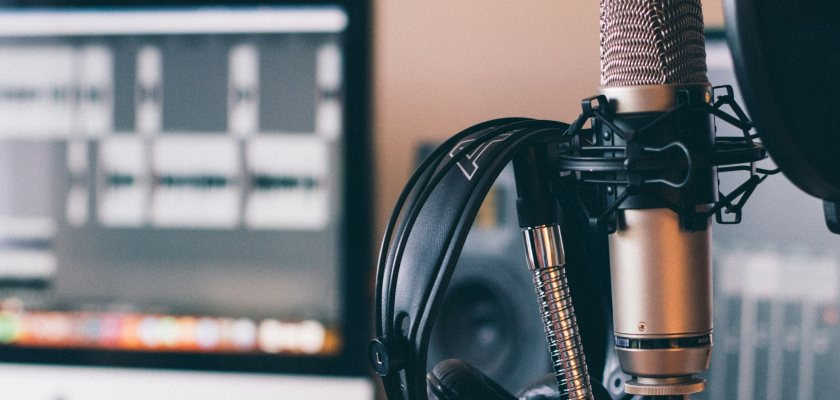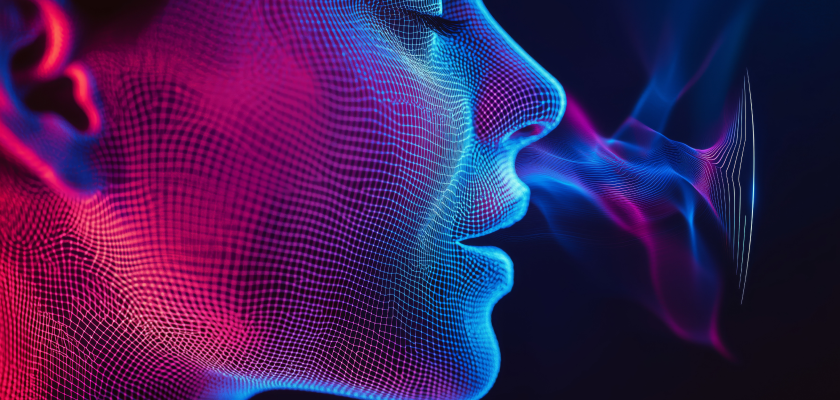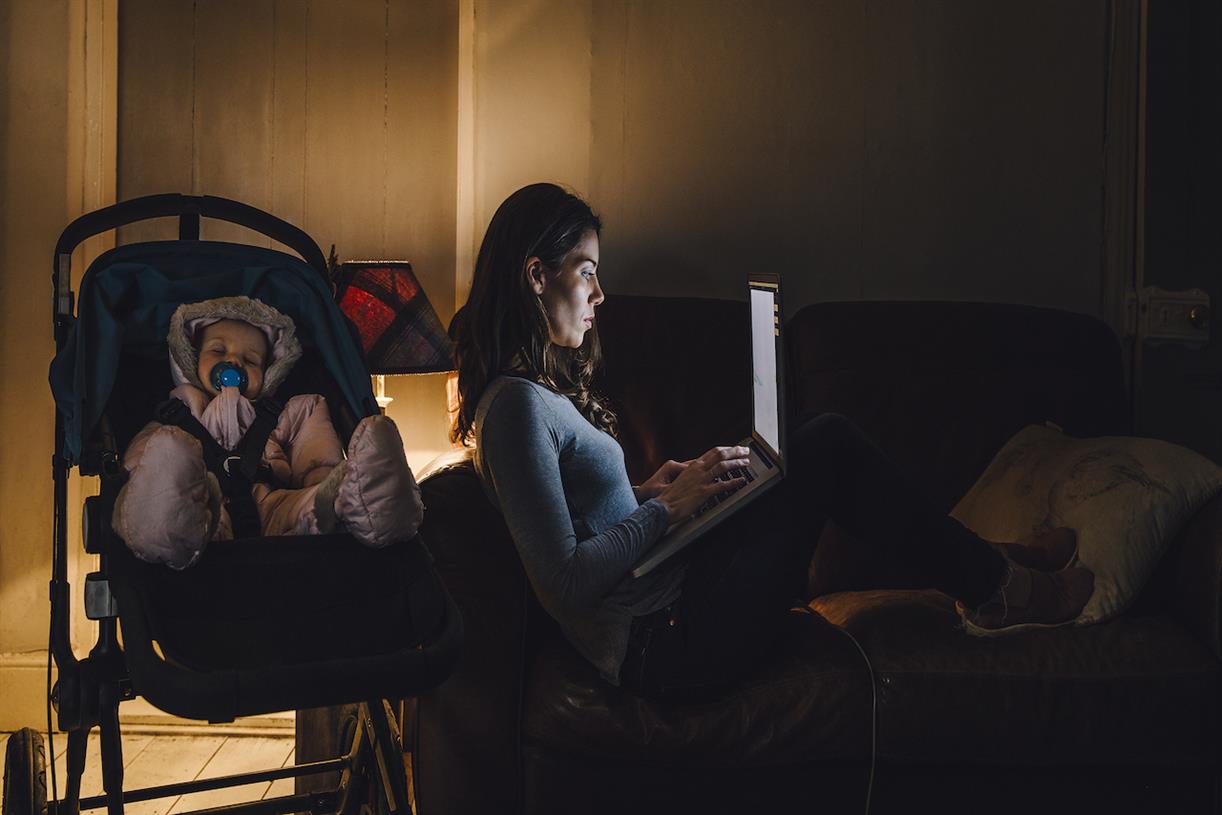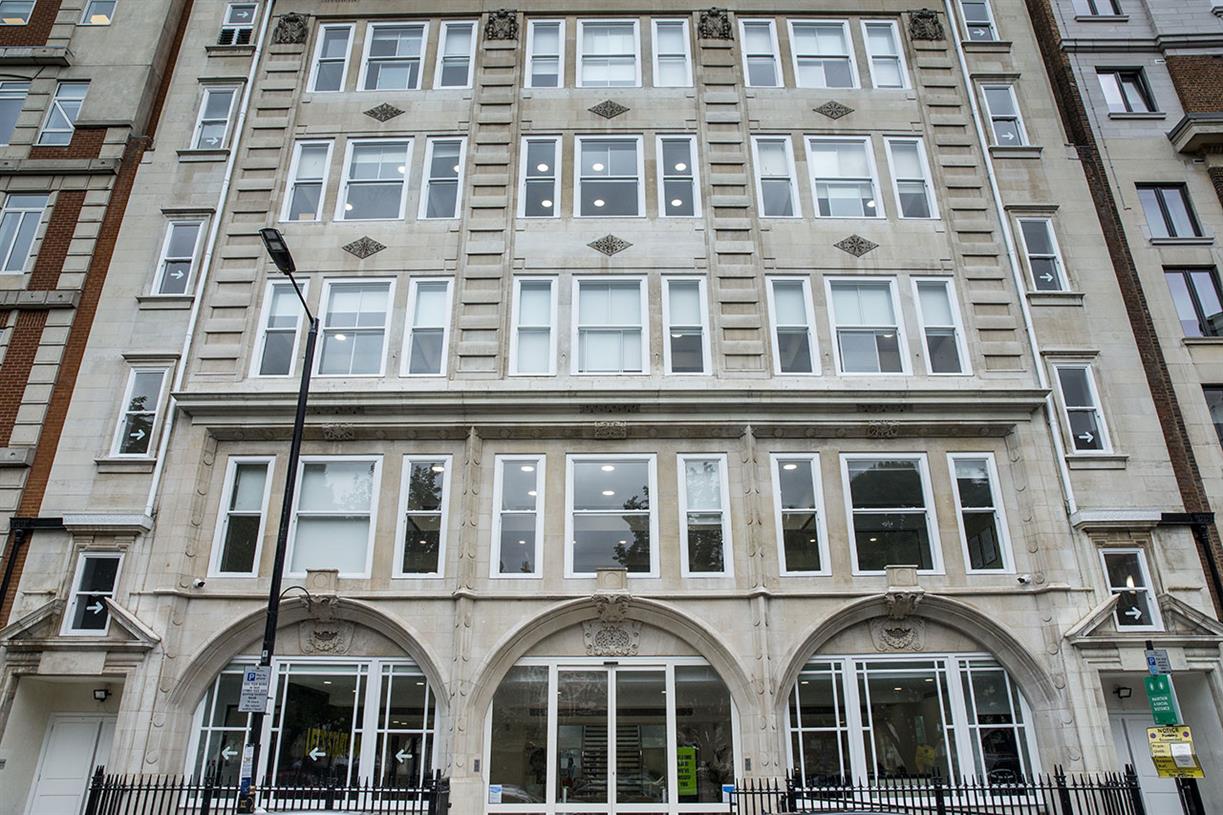The Rise of AI Voices: Why Celebrity Sound-Alikes Are Taking Over?
Imagine hearing your favorite celebrity’s voice narrating an audiobook or hosting a podcast. Now, let’s assume it’s not actually them speaking, but an artificial intelligence (AI) mimicking their distinctive sound. This scenario isn’t just a far-fetched idea anymore –...

Imagine hearing your favorite celebrity’s voice narrating an audiobook or hosting a podcast. Now, let’s assume it’s not actually them speaking, but an artificial intelligence (AI) mimicking their distinctive sound.
This scenario isn’t just a far-fetched idea anymore – it’s becoming our reality. AI-generated celebrity voices are making waves across various industries, from entertainment to marketing, and they’re reshaping how we create and consume content.
As AI-generated voices become more sophisticated and widespread, they’re sparking discussions about authenticity, ethics, and the future of audio content. Let’s explore the technology behind these artificial voices, their current applications, and the implications they hold for various industries and society at large.
The Technology Behind AI Voices
At its core, this voice cloning magic relies on two main technologies: text-to-speech (TTS) and voice cloning. These aren’t new concepts, but recent advancements in machine learning have taken them to a whole new level.
Let’s break it down in simple terms:
AI systems analyze audio data, learning the unique quirks of individual voices. They pick up on things like pitch, tone, and speech patterns. The result? AI-generated voices that sound eerily similar to the real deal, complete with pauses, inflections, and even emotional cues.For those interested in delving deeper into this technology, exploring resources about Google’s Tacotron 2 and Podcastle’s Revoice can provide valuable insights into AI voice synthesis techniques and their potential applications.
The Appeal of Celebrity Voices in AI
Celebrity voices are familiar to us. They evoke certain emotions and associations. When we hear a voice we recognize, we’re more likely to pay attention and even trust what’s being said.
For businesses, this is particularly valuable. Using an AI version of a celebrity voice can instantly make their content more engaging and credible. And here’s the key point – it’s far more cost effective than hiring the actual celebrity. This means even smaller companies can add a touch of star power to their marketing efforts.
To effectively implement celebrity-like AI voices, businesses should align the chosen voice with their brand persona, maintain consistency across different touchpoints, and ensure the content suits the celebrity’s style. Transparency about the use of AI-generated voices is crucial for maintaining trust with the audience.
Current Applications of AI Celebrity Voices
AI celebrity voices are finding applications in various fields:
Entertainment: Some audiobook platforms are experimenting with letting listeners choose their favorite celebrity narrator. Podcast producers are using AI voices to create unique listening experiences. Gaming: Video game developers are using this technology to generate more dynamic and immersive dialogue for characters. Marketing and Advertising: Companies are exploring ways to create highly personalized campaigns using AI celebrity voices. Some are even looking into letting users interact with AI versions of celebrities through voice assistants. Accessibility: The technology is making significant strides in converting text to speech in multiple languages and accents, thus making content available to wider audiences, including those with visual impairments or reading difficulties.Additionally, recent research by Podcastle – a leading AI-powered content creation platform – revealed that Morgan Freeman is the celebrity voice most desired for both phone voice assistants and the next celebrity podcast host. The top reason, according to 41% of respondents, is Freeman’s reputation as a great storyteller who would keep listeners engaged.

Ethical Considerations and Challenges
While this technology is undoubtedly innovative, it raises some significant questions. For starters, should we be creating AI replicas of celebrity voices without their explicit permission? There’s also the concern about potential misuse. What if someone uses an AI voice to spread false information or damage a celebrity’s reputation?
The legal world is still trying to catch up with all of this. Questions about intellectual property rights and fair use are being hotly debated. Some are even calling for new laws to govern AI-generated content.
To navigate these ethical waters, businesses should obtain proper permissions and licenses, be transparent about their use of AI-generated voices, implement safeguards against potential misuse, and stay informed about evolving legal and ethical guidelines.
How AI Companies Are Handling Celebrity Voices?
To gain a deeper understanding of this technology and its implications, The Sun recently conducted an interview with Arto Yeritsyan, CEO and founder of Podcastle. Arto shared valuable insights into the current state and future potential of AI voice technology:
“At Podcastle, our primary goal is to champion the use of AI voice technology to enhance user creativity safely and responsibly,” Arto explained. “We’re committed to creating powerful AI-driven tools that boost productivity and maintain the safety of all our users.”
Moreover, Podcastle’s research reveals interesting trends in public perception of AI voices. For instance, they found that Arnold Schwarzenegger’s voice was deemed the most at risk of AI voice cloning misuse, with 86% of Americans reporting that his voice is easy to replicate due to its instantly recognizable and distinctive accent.
The research also uncovered generational differences in the perception of AI voices. While most generations agreed that Arnold Schwarzenegger’s voice was the easiest to replicate, 30% of Gen Z respondents chose Donald Trump, indicating shifting perceptions of voice recognizability among younger audiences.
These findings highlight the complex landscape that companies like Podcastle navigate as they develop AI voice technologies. “By balancing innovation with responsibility,” Arto emphasized, “we aim to create a platform where you can confidently explore the benefits of AI and find the tools to support you on your creative journey.”
Looking Ahead
So, what’s next for AI voices? At this point, we can only make educated guesses, but experts think we’ll see even more realistic and emotionally nuanced replicas in the future. Imagine AI voices that can adapt their tone and style based on context. This could revolutionize fields like education, where students might learn history from the “voices” of historical figures.
As this technology evolves, it might fundamentally change how we think about celebrities and the value of authentic human voices. We might even see the emergence of entirely AI-generated celebrities. It’s a brave new world of digital media, and understanding this technology will be crucial for navigating it.
Final Thoughts
The rise of AI-generated celebrity voices is a fascinating blend of technology, entertainment, and psychology. It’s actively reshaping how we create and consume content. Whether you’re a business leader, a content creator, or just someone interested in tech, it’s worth keeping an eye on this trend.
As Arto puts it: “The opportunities are endless, whether you’re recording a podcast with AI voices, narrating an audiobook, or even developing captivating game characters.”
The future of AI voices is here, and it’s speaking in the familiar tones of our favorite celebrities. It’s up to us to listen carefully and think critically about what we hear.

 KickT
KickT 























![Are You Still Optimizing for Rankings? AI Search May Not Care. [Webinar] via @sejournal, @hethr_campbell](https://www.searchenginejournal.com/wp-content/uploads/2025/06/1-1-307.png)







